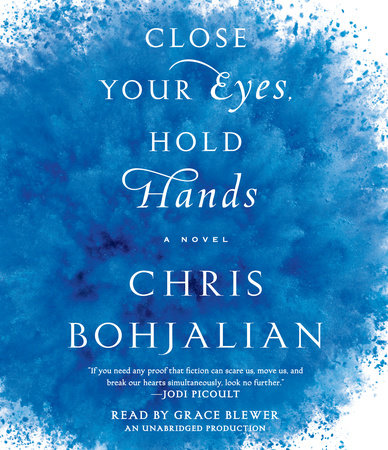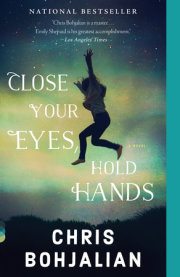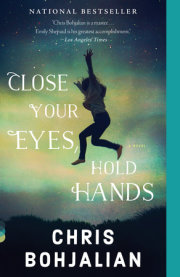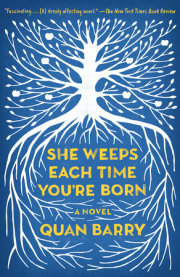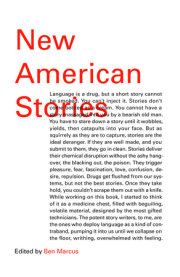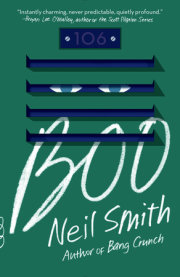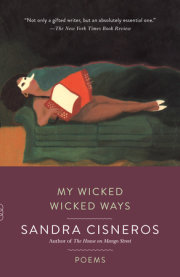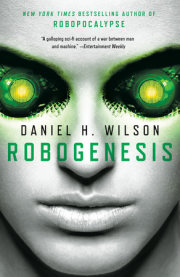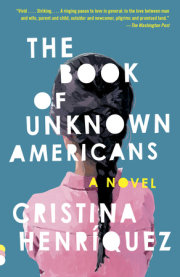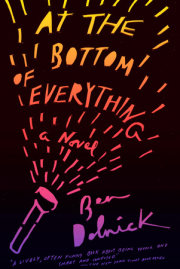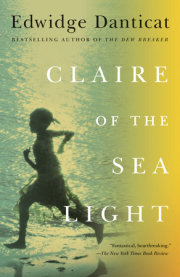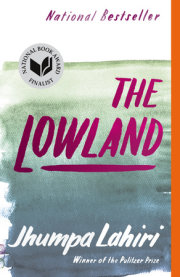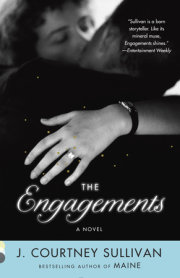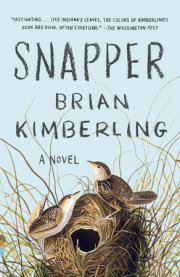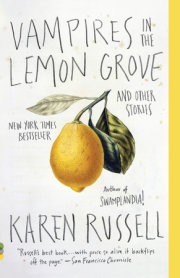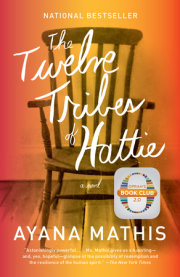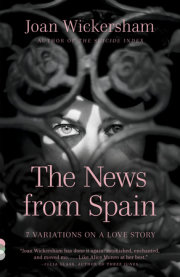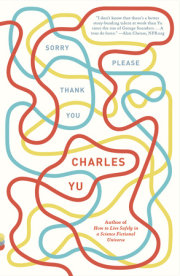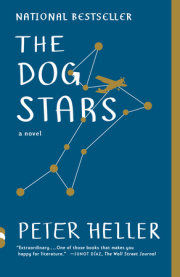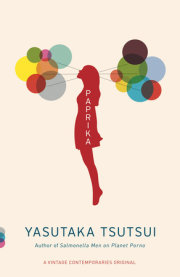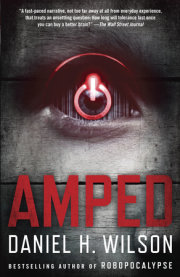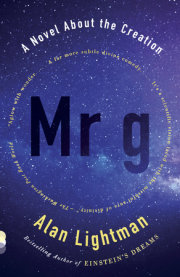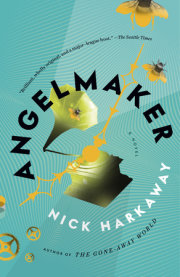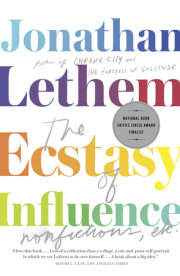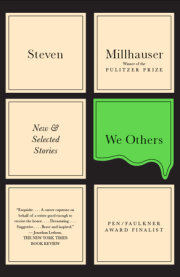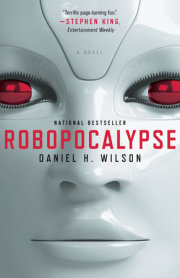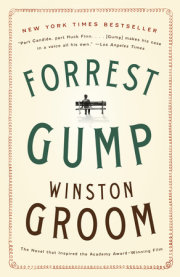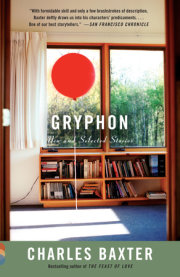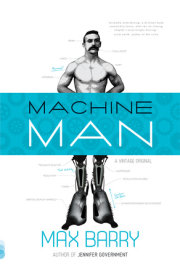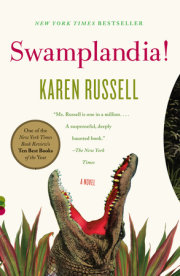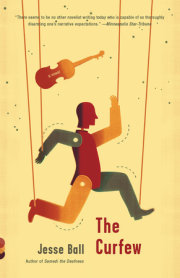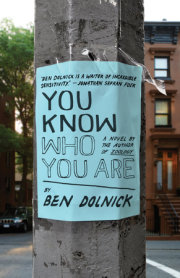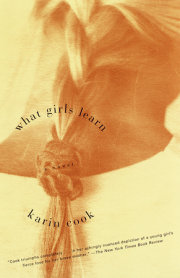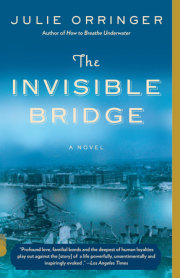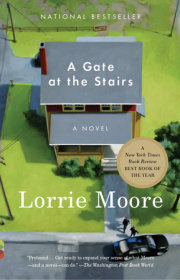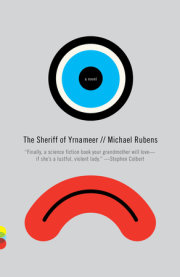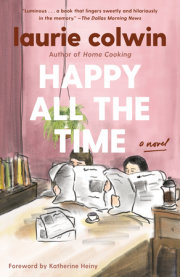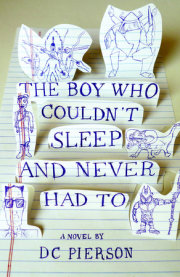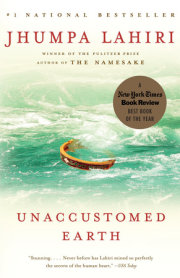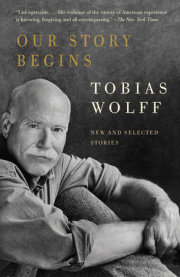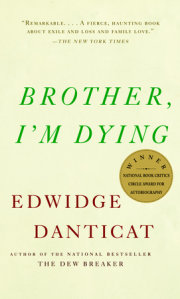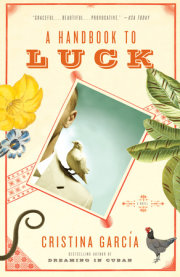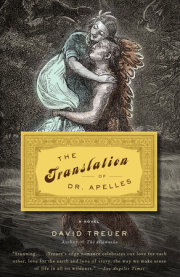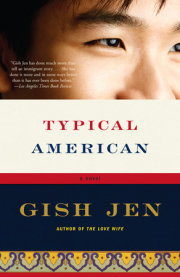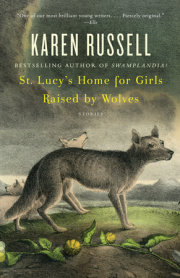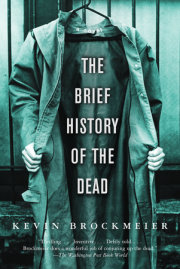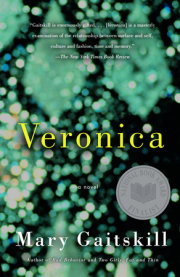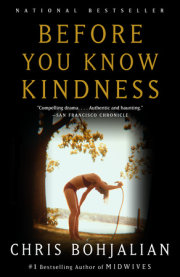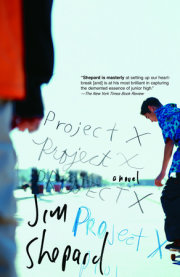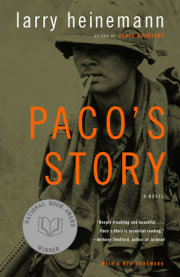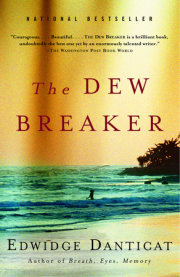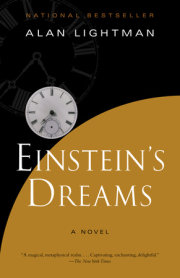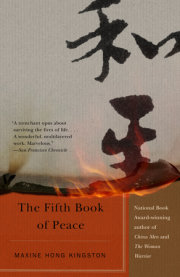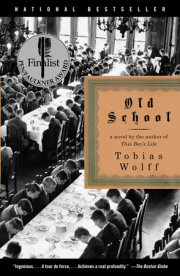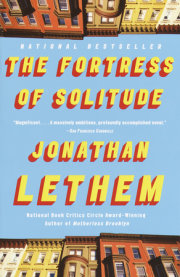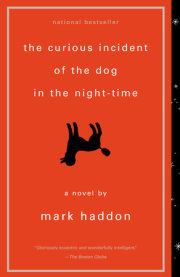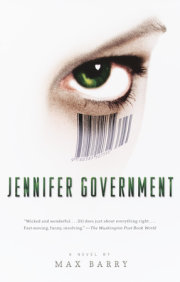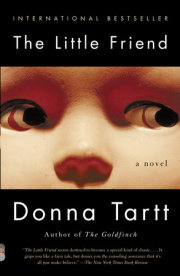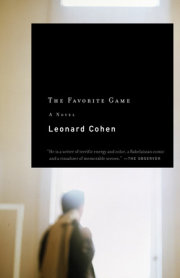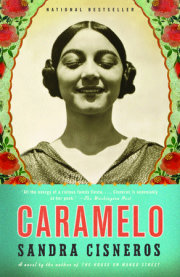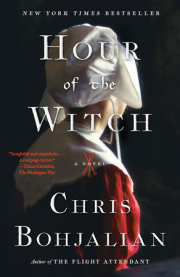PROLOGUE
I built an igloo against the cold out of black plastic trash bags filled with wet leaves. It wasn’t perfect. The winds were coming across the lake, and the outside wall that faced the water was flat—not like the igloos I had seen on TV somewhere or I guess in a book. It looked like the wall on the inside of a cave: flat and kind of scaly. But the outside wall that faced the city looked round like a melon. I couldn’t stand all the way up inside it, but in the middle I could crouch like a hunchback. It was big enough for three people to lie down if you curled up, and one night we had to squeeze in four. But most of the time it was just Cameron and me. I really had to trust the fuck out of someone before I would let them anywhere near Cameron in the night. But, the truth is, people came and went. You know how it is. Especially in the winter. But the igloo kept me warm. Warmer, anyway. I mean, it’s not like I got frostbite. I knew kids and grown-ups who did. I knew one kid who got gangrene. They say the doctors had to cut off both of his feet, but I don’t know that for a fact because I never saw him again.
I’m going to try and tell you only the things that I know for a fact are true. When I’m guessing, I’ll be honest and tell you I’m guessing.
You build the igloos in the day when the leaves are soaked but the ice has melted from the sun, and then they freeze at night inside the bags. So does the water on the outside of the bags; that’s why the bags stick together like glue.
******
Some people said I left the shelter because someone must have tried to rape me. No one tried to rape me. I left for a couple of reasons. I mean, I did feel kind of hounded—by the other girls, one especially, but not by the people who ran the place. The “staff.” Whatever. One of the girls was starting to suspect who I was, and I knew that once my secret was out, she’d turn me in. I thought she’d want no part of me. And you know what? I wouldn’t have blamed her. A lot of days I wanted no part of me.
Also, I knew the staff wanted me gone. Or, at least, they wanted to figure out who I really was. They were getting pretty frustrated because they couldn’t find my parents. My story was starting to unravel. So, I just left.
Given that I was always kind of—and here’s a pretty awesome little euphemism—a troubled teen, it’s a miracle that the counselors who ran the shelter didn’t send me packing a lot sooner. It wouldn’t have surprised a lot of people who knew me if I really had managed to get myself thrown out on my ass. But I didn’t. That’s not what happened. I was already plenty scared, and so I tried playing by the rules. I tried to behave. But it didn’t work. And so it would be the last time I’d try for a while.
This was back in the days when the city was still trying to figure out what to do with the walkers. Technically, I was a walker, even though I didn’t walk. I stole a bike and rode to the city from the Northeast Kingdom. I don’t know how many miles that is, but it took me two full days, because I hadn’t ridden a bike since I was in, like, fourth or fifth grade. The worst was going up and over the mountains. I just walked the bike up the eastern slopes. That took an entire afternoon right there. One time a guy in a bread truck gave me a lift, but he only took me about twenty miles. Still, a lot of those miles were uphill, so I was grateful. Lots of people—most people—had families or friends in the city or the suburbs around Lake Champlain who could take them in. And people were taking in total strangers. Vermonters are like that. I guess decent people anywhere are like that. But there were still a lot of walkers just pitching tents in City Hall Park or sleeping in their cars or pickups or out in the cold, or building their igloos down by the water. Squatters. Refugees.
I guess it would have been a lot worse if Reactor Number Two had exploded, as well. You know, gone totally Chernobyl. But it didn’t. It was only Reactor Number One that melted down and blew up.
******
When I was a little kid, I used to take my American Girl dolls and play orphanage. The make-believe stories were always based on A Little Princess. The movie and the book. Whatever. One of my dolls would be a beautiful rich girl who suddenly winds up poor and in an orphanage. No mom or dad, no aunts or uncles. Some of the other girls hate her, but some love her. The woman I had running the place was always a total whack-job bully. Think of that lunatic in the musical Annie. She was the model. So, I guess, Annie was an inspiration, too. When I got bored, I’d simply have the girl rescued. Her dad or her mom and dad would just show up at the orphanage. Boom. Game over.
Sometimes I tried playing the game with Barbies, but that never worked. The Barbies looked pretty hot. If they were going to be trapped somewhere, it sure wasn’t going to be in an orphanage. It was going to be someplace way more awful. I know that now, too.
******
My family had a beautiful woodstove. Not one of those black boxes that look like they do nothing but pollute the crap out of the air. It was made of gray soapstone that was almost the color of my mom’s favorite piece of jewelry: an antique necklace that was made of moonstones. I think it had once belonged to my grandmother. It was Danish. Anyway, the woodstove had a window in the front that was shaped like the window in a castle or a palace. I’m sure there’s a word for that shape, and I will look it up.
My dad or mom would build a fire in the woodstove when we were all home on the weekend and hanging around in the den. The den was next to the kitchen, and the woodstove would heat the den and the kitchen and even the TV room on the other side of the kitchen. The rooms had baseboards and LP gas heat, too, of course. The whole house did. It was pretty new. I know now that a lot of people called our kind of house a meadow mansion or a McMansion behind our backs, but we didn’t build it. We just moved there from a suburb of New York City when I was a little kid.
There was a thermostat stuck through a pipe-cleaner-sized hole in the stovepipe about a foot and a half above the soapstone box. When we had a fire going, my dad wanted it to be around four hundred to six hundred degrees. When it got above six hundred, one of us would close up the flue and the temperature would go down. If it got above eight hundred, you were in danger of a chimney fire. The thermostat was kind of like a car’s speedometer: the numbers went a lot higher than you were ever going to need. It went up to seventeen hundred, and you were totally fucked if it ever got that high. We’re talking chimney fire for sure.
My parents’ running joke when the woodstove thermostat climbed above six or seven hundred? It was “Chernobyling”—or about to melt down. I can still hear my mom’s voice when she would say that to my dad when he would come home from skiing late on a Saturday afternoon: “Honey, be sure and watch the stove when you add a log tonight. The damn thing nearly Chernobyled this afternoon.” You wouldn’t know it from the things people write or say about my dad these days, but he could be very funny. My mom, too. They could both be very funny.
I guess that’s why I use “Chernobyl” like a verb.
I don’t use Fukushima or Fukushima Daiichi like verbs.
But I could. After all, Fukushima had a pretty fucked‑up end, too. And it even sounds a bit like a swear.
******
I don’t know why I began my story with the igloo. The igloo was really the beginning of the end—or, maybe, the end of the beginning. Here’s a sentence I read about me in one of the hospital staff’s case management notes: “Every kinship had fallen away.” Well, yeah. Duh. Even Maggie—my dog—was gone.
By the time I was building my igloo, the worst of the shit-storm was over. At least it was for most of Vermont. It wasn’t for me, of course. It wasn’t for a lot of us from up in that corner of the Kingdom. But it was for most everyone else. By the time I was building my igloo, I was just another one of the homeless kids who freaked out the middle-aged people at the Banana Republic or Williams-Sonoma when they saw me on the street or in the mall in Burlington.
So, maybe I shouldn’t begin with the igloo. Maybe I should begin with the posse and the SSI apartment where we crashed. That was a home, too, if a home is a place where you can say you lived for a while. Or I could begin with the Oxies—the OxyContin. Or the robbery. Or Andrea Simonetti, who for a few months was like a sister to me, but now I have no idea where she is and I worry. Or I could begin with Poacher or the johns or the tents with the squatters. Or the shelter—with the girls in the shelter. Or the people who tried to help me. (Yeah, there were sometimes people who wanted to help me.) Or I could begin with Cameron.
Or maybe I should just begin at the beginning. With Reactor Number One.
Copyright © 2014 by Chris Bohjalian. All rights reserved. No part of this excerpt may be reproduced or reprinted without permission in writing from the publisher.

